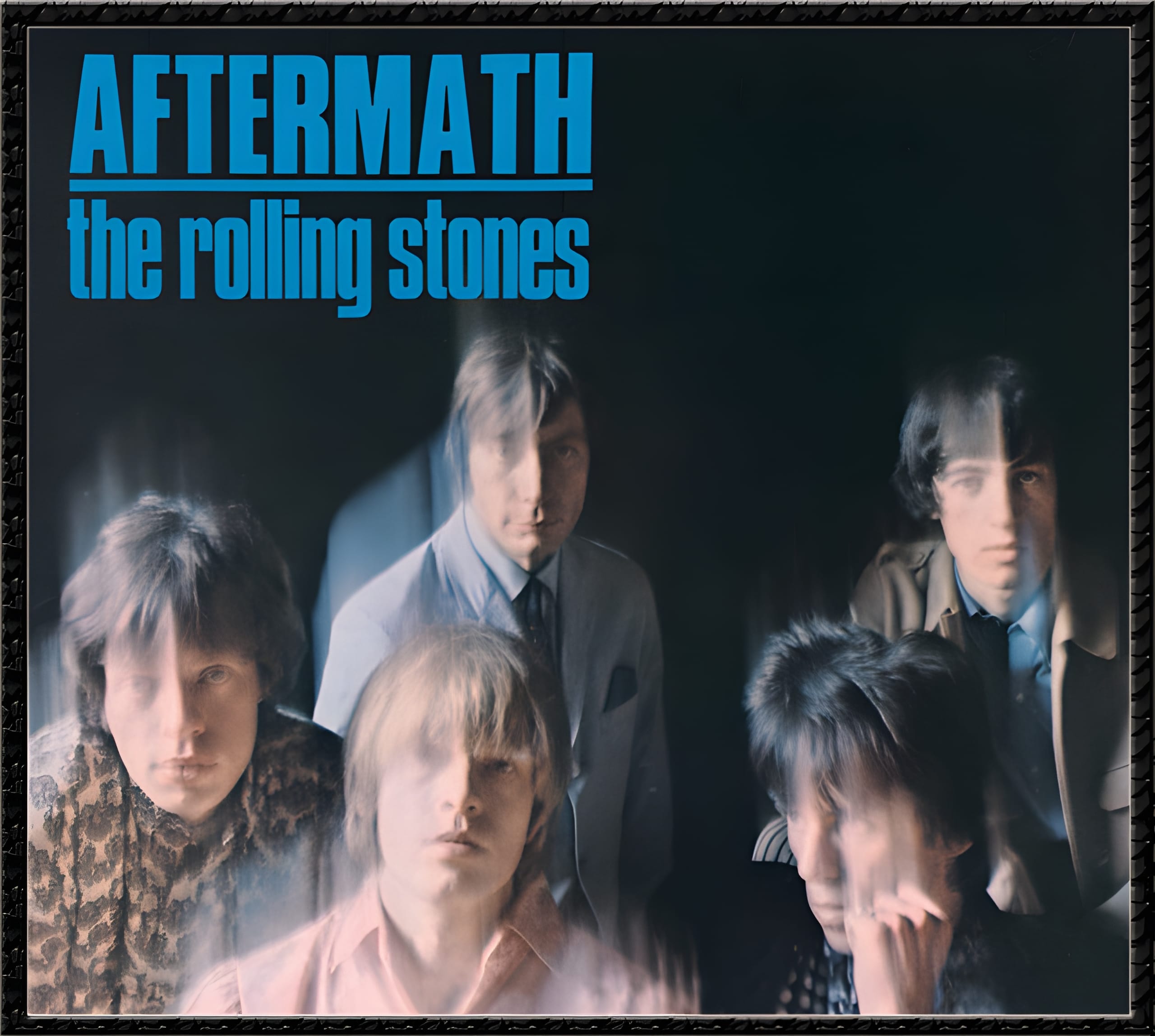Released: 1965At the heart of “Satisfaction” by The Rolling Stones lies a timeless expression of disillusionment and discontent. This iconic track masterfully captures the collective angst of a generation, using a raw and gritty narrative to explore themes of commercialism, alienation, and the ceaseless pursuit of fulfillment. It’s a sonic snapshot of the mid-60s, coursing with the electric energy of rebellion and the restless spirit of rock and roll.
The song kicks off with an unshakeable declaration of dissatisfaction, a sentiment that Mick Jagger repeats with an almost defiant weariness. “I can’t get no satisfaction,” he proclaims, underlining a profound sense of unfulfillment that’s further amplified by the relentless, “and I try, and I try, and I try, and I try.” It’s more than just a personal lament; it’s a mirror to the societal obsession with chasing something elusive, something that’s always just out of reach.
The first verse sets the stage with a vignette of driving while listening to the radio, only to be bombarded with “useless information” that’s “supposed to fire my imagination.” Here, Jagger skewers the consumer culture, critiquing the incessant advertisements that promise happiness and success but only deepen the sense of dissatisfaction. It’s a razor-sharp commentary on how mass media manipulates desires, peddling fantasies that rarely, if ever, ignite the kind of creative or intellectual fulfillment they promise.
By the time we hit the second verse, the scope of critique broadens to television and its role in shaping societal norms and personal identities. Jagger’s disdain for the superficiality of TV ads is palpable, especially through the lens of a commercial telling him “how white my shirts can be.” The line about the man not being a ‘man’ because “he doesn’t smoke the same cigarettes as me” is a brilliant dig at the absurdity of marketing strategies that equate brand choices with personal identity and even masculinity.
The final verse tackles the theme of sexual frustration and the rock star’s alienation despite fame. As Jagger recounts globetrotting adventures and attempts at romantic conquests, there’s an underlying commentary on the hollowness of fame and the vacuous cycle of seeking satisfaction in romantic endeavors. The stark realization comes in the form of an unattainable girl, highlighting the transient nature of relationships and success in the rock and roll lifestyle. The “losing streak” metaphor extends beyond personal failures, hinting at a broader existential crisis.
“Satisfaction” is not just a cornerstone of rock music for its iconic riff and Jagger’s impassioned vocals; it’s a cultural artifact that encapsulates the zeitgeist of its era. The Stones weren’t just making music; they were holding a mirror to the face of a culture caught in the throes of consumerism, challenging norms, and questioning the very nature of fulfillment. It’s this raw, unfiltered confrontation with the essence of human desire and societal constructs that has cemented the song’s legacy in the annals of rock history.








